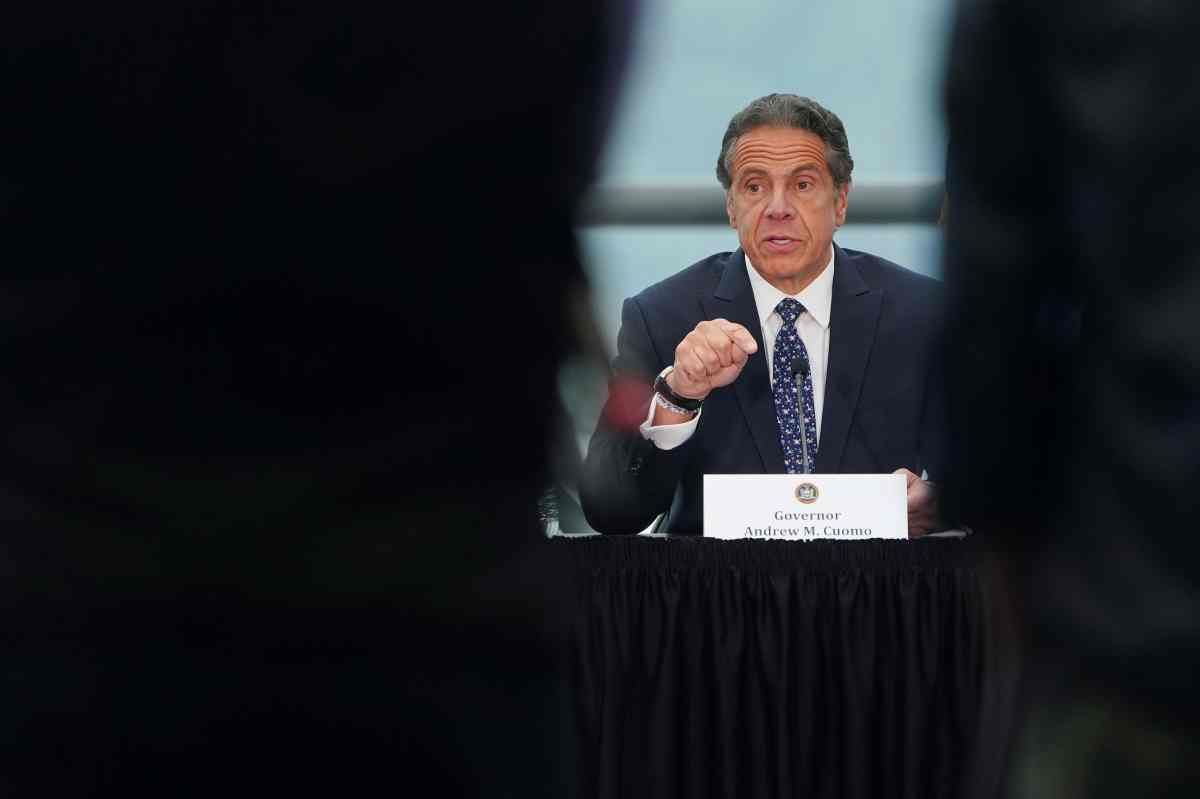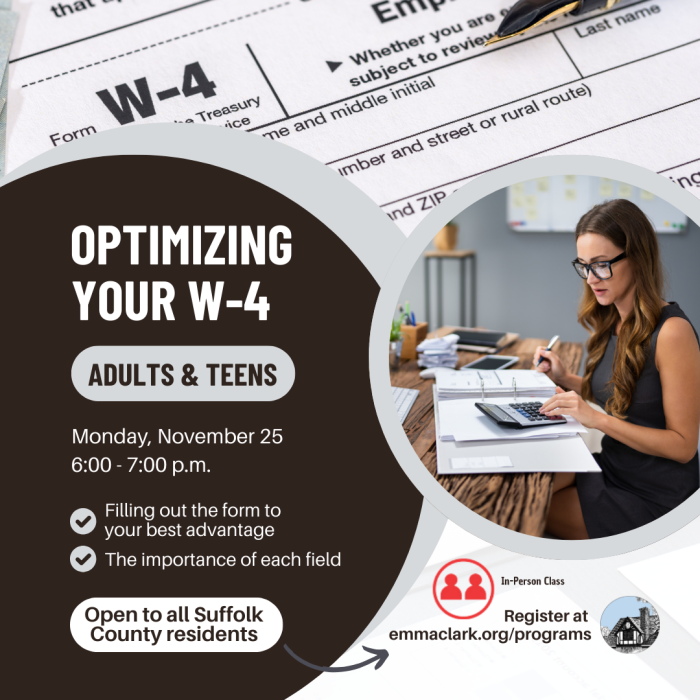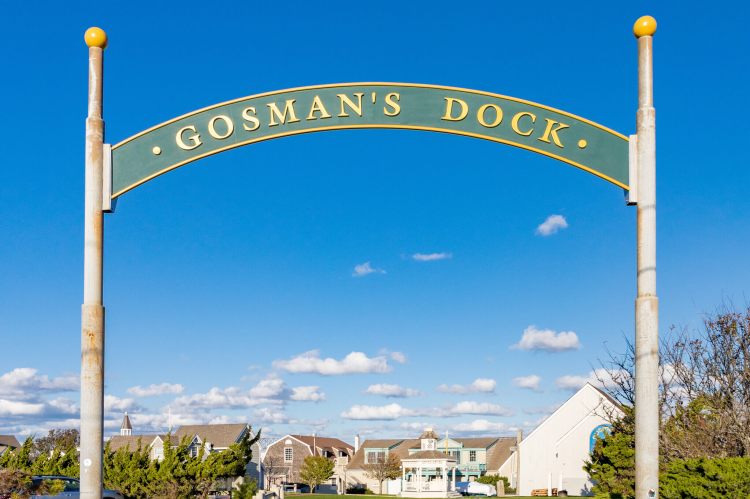By Joseph Ax
For much of last year, Gov. Andrew Cuomo was perhaps the most trusted politician in America; his daily televised coronavirus briefings, accompanied by a PowerPoint slide deck, made him a widely admired source of comfort in his home state and beyond.
On Tuesday, however, the state attorney general released a scathing report that found Cuomo had sexually harassed multiple women, retaliated against at least one victim for making her complaint public and created a toxic workplace culture of fear and intimidation.
The five-month investigation launched by Attorney General Letitia James, a fellow Democrat, deepened a stunning fall from grace for Cuomo, who has gone from a national party leader to a political pariah in the span of a few months.
State lawmakers in Albany, where Democrats hold a legislative majority, have opened their own probe into Cuomo’s behavior as part of a potential impeachment inquiry. Carl Heastie, the Democratic speaker of the state assembly, said on Tuesday that the report’s description of Cuomo’s behavior reflected someone “not fit for office.”
The scandal erupted in February, when two former aides accused the governor of sexually harassing them. Several other women came forward soon after that with their own accounts of misconduct.
In televised remarks on Tuesday, Cuomo, 63, again denied all of the sexual harassment accusations and made it clear he has no intention of resigning.
Accusations that he inappropriately touched and kissed women were simply misunderstandings, he said.
“I’ve been making the same gesture in public all my life,” Cuomo said, as photos of him hugging and kissing men and women appeared on the screen. “It is meant to convey warmth, nothing more. … I do kiss people on the cheek. I do kiss people on the hand. I do embrace people.”
“I am the same person in public as I am in private,” Cuomo said, adding that he may sometimes have made remarks that unintentionally left people uncomfortable.
Prominent members of his own party previously called on him to step down, including Senate Majority Leader Chuck Schumer, New York’s senior U.S. senator, and almost the entire state congressional delegation.
Cuomo has continued to raise money for a possible 2022 re-election bid, though he has not yet formally announced whether he will seek a fourth term.
MUST-WATCH TV
His coronavirus briefings last year, often carried live by nearly every television network, became appointment television at a time when President Donald Trump was struggling to reassure the public and Democratic presidential candidate Joe Biden was confined to his Delaware home.
Still, Cuomo faced some criticism for not closing down the state sooner, as well as scrutiny over whether his administration sought to conceal the extent of nursing home deaths. Cuomo has defended his response to the pandemic and denied any wrongdoing with respect to death statistics.
The New York City-born Cuomo began his political career as a top campaign adviser to his father, Mario Cuomo, who served three terms as New York governor from 1983 to 1994.
After a stint as a prosecutor and lawyer, Andrew Cuomo joined President Bill Clinton’s administration and eventually became U.S. secretary of housing and urban development. He also married into a political dynasty when he wed Kerry Kennedy in 1990, though they would divorce in 2005. Cuomo’s brother, Chris, is a high-profile anchor for CNN.
Andrew Cuomo’s first foray into statewide politics went poorly, when he lost the Democratic gubernatorial nomination in 2002 despite strong fundraising. In 2006, he successfully ran for attorney general, leading some Democratic politicians to label him the state’s “comeback kid.”
He was largely viewed as a ideological centrist — in 2018, he beat back a liberal challenge from “Sex and the City” actor Cynthia Nixon — though he has moved left in recent years with the rest of the Democratic Party.
As his power grew, Cuomo built a reputation as an ambitious, ruthless politician who was willing to retaliate against perceived enemies and whose abrasive style in private often alienated others.
Earlier this year, Cuomo called a state assemblyman, Ron Kim, who had criticized the governor over the nursing home crisis, and threatened to attack him publicly, according to Kim. Cuomo would do just that a week later at a news briefing.
His years-long feud with liberal New York City Mayor Bill de Blasio gave the city’s tabloids plenty of fodder, from the serious to the ridiculous. In 2016, the pair fought over the fate of a wayward deer that had found its way into Manhattan; when the deer died, each administration blamed the other.
At times their animosity caused confusion during the pandemic. In the spring of 2020, de Blasio announced city schools would close for the rest of the year, only to be corrected by Cuomo, who said only the governor had the authority to do so.
“Cut the crap,” a frustrated Eric Adams, the Brooklyn borough president, implored both men in a Twitter post. Adams, now the Democratic mayoral nominee, is widely expected to win a November election and succeed the term-limited de Blasio.
Cuomo had weathered other potential scandals. In 2014, he disbanded an anti-corruption panel only nine months after he convened it, triggering a U.S. Justice Department inquiry. The U.S. Attorney’s Office in Manhattan eventually concluded there was insufficient evidence to show any crimes occurred.
(Reporting by Joseph Ax; Editing by Daniel Wallis and Howard Goller)
Related Story: Long Island Pols Call for Cuomo to Resign After AG’s Sexual Harassment Report
Sign up for Long Island Press’ email newsletters here. Sign up for home delivery of Long Island Press here. Sign up for discounts by becoming a Long Island Press community partner here.




























